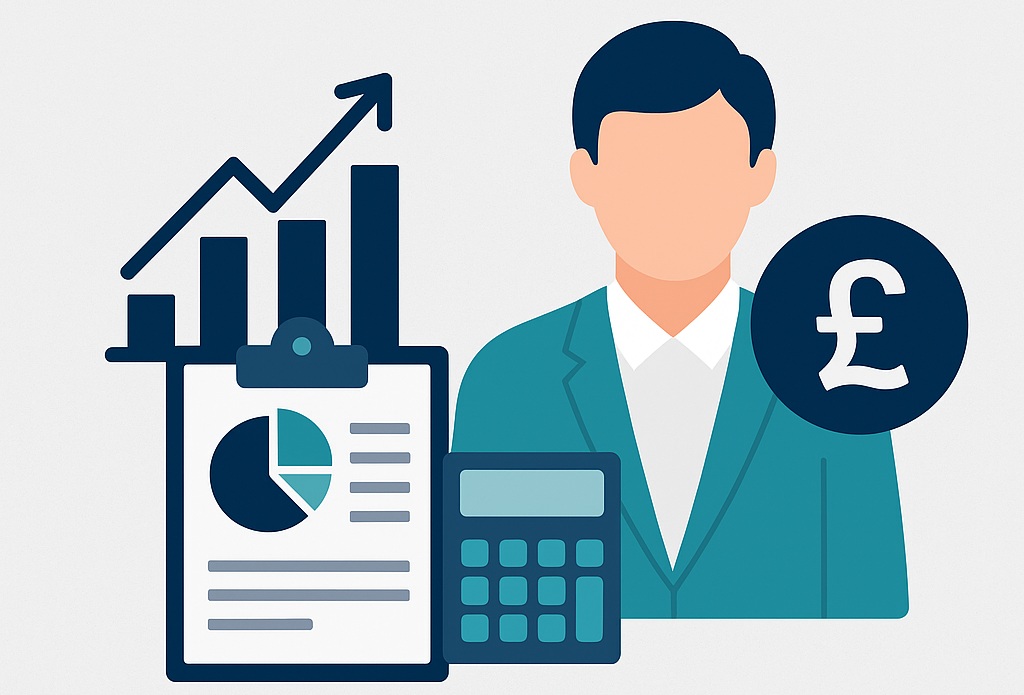Declaring Dividends?
Dividend payments are a common way for business owners of limited companies in the UK to extract profits. However, understanding how much can be withdrawn without incurring unnecessary tax liabilities or breaking any rules is crucial.
Legal Requirements
- Sufficient Profits: Dividends can only be paid from post-tax profits. Drawing dividends that exceed this can result in penalties.
- Board Minutes: A board meeting should be held to declare the dividend, and minutes should be recorded and stored.
- Dividend Vouchers: For each dividend payment, a dividend voucher must be produced detailing the date, company name, shareholders, and amounts distributed.
- Distributable Reserves: These are profits that have not been reinvested in the business or used to pay off debts and can legally be used for dividends. The presence of sufficient distributable reserves is crucial to avoid unlawful dividend payments. Always verify the distributable reserves before declaring a dividend.
Tax Implications
- Personal Allowance: In the 2022/23 tax year, the tax-free personal allowance is £12,570.
- Dividend Allowance: The tax-free dividend allowance is £1,000 for the 2023-24 tax year and £500 for the 2024-25 tax year.
- Tax Bands:
- Basic rate taxpayers: 8.75%
- Higher rate taxpayers: 33.75%
- Additional rate taxpayers: 39.35%
Dividend Timing
- Payment Frequency: While there’s no fixed rule, most companies opt for bi-annual or quarterly dividends.
- Tax Year: Be aware of the tax year, which runs from 6th April to 5th April of the next year, as exceeding tax brackets can result in higher tax liabilities.
Points to Consider
- Cash Flow: Ensure enough cash remains in the company for operational needs.
- IR35: If you are operating inside IR35, dividend payments may not be a viable option.
- Corporation Tax: Profits must be accounted for after corporation tax.
Role of Accountants
Engaging an accountant can be invaluable when declaring dividends. They can assist with ensuring compliance with UK law, optimising your tax liabilities, and verifying the sufficiency of distributable reserves. An accountant can also provide tailored advice on dividend timing and payment frequency based on your financial situation, making the process far less daunting and more tax-efficient.
Conclusion
Extracting money via dividends is tax-efficient but must be done carefully to comply with UK law and tax obligations. Consult with your accountant to tailor a dividend strategy suitable for your business.





